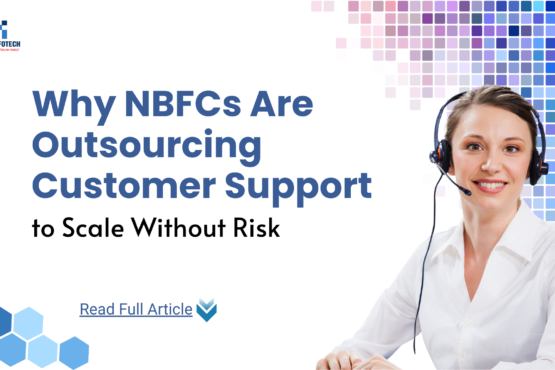
What to Look for in a BPO Contract Before Signing?
As a BPO services provider working with enterprises, startups, and HNIs, I often see businesses drawn to outsourcing for efficiency and cost savings. But the real strategic advantage lies in how the contract is structured. A strong BPO agreement safeguards your interests, drives performance, and unlocks scalable, secure business outcomes.
Here’s what you need in a robust BPO contract:
1. Clearly Defined Scope of Work (SOW)
Begin with a detailed Scope of Work, specifying services, deliverables, responsibilities, and timelines. This clarity prevents scope creep and ensures accountability throughout the engagement.
2. Precise Service Level Agreements (SLAs) & KPIs
SLAs should include measurable performance metrics, such as response times, availability, accuracy, and quality and detail reporting mechanisms and penalties or service credits. These enforce consistency and incentivize excellence.
3. Transparent Pricing & Payment Terms
Ensure the contract clearly outlines the pricing model, whether fixed, per-hour, or performance-based – along with any additional fees for overtime, setup, or technology. Transparent terms avoid hidden costs and support better budgeting.
4. Data Security, Compliance & Confidentiality
Protecting sensitive data should be non-negotiable. The contract must include frameworks for data encryption, breach response, compliance with GDPR, HIPAA, or ISO 27001, and enforce confidentiality through NDAs.
5. Intellectual Property & Asset Ownership
Clarify IP rights: who owns pre-existing, newly developed, or jointly created assets? Define what happens upon contract termination to prevent ownership disputes.
6. Flexibility, Scalability & Change Management
Your needs will evolve. Make sure the contract allows easy scaling, scope adjustments, or tech upgrades without facing steep penalties. Include a structured change management framework for smooth transitions.
7. Transition, Termination, and Exit Strategy
Define termination rights, notice periods, transition support, and handover protocols. A well-planned exit clause ensures business continuity and protects your operations in case of change.
8. Dispute Resolution & Governing Law
Establish a clear process for resolving conflicts – mediation, arbitration, or litigation and define jurisdiction. This clarity can prevent prolonged disputes.
9. Monitoring, Auditing & Continuous Improvement
Ensure the contract allows performance audits, regular reviews, and continuous improvement mechanisms – so both parties stay aligned and service quality improves over time.
Final Note: Building a Strategic, Trust-Based Partnership A BPO contract isn’t just an operational safeguard, it’s your strategic tool. Get your contractual details right from SLAs to scalability, security to flexibilitysss and you’re not just outsourcing work, you’re co-creating a future-ready, resilient service partnership.



